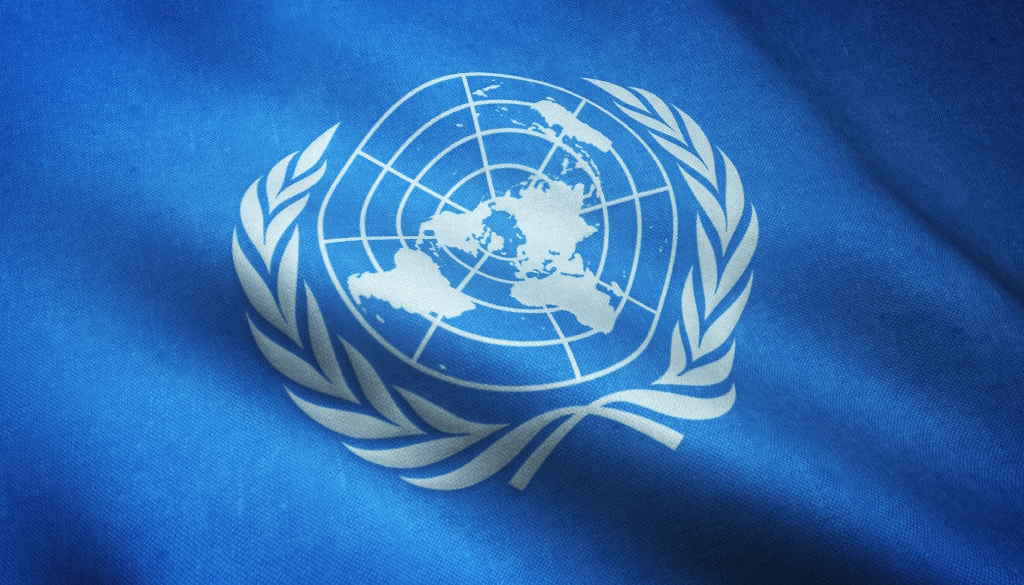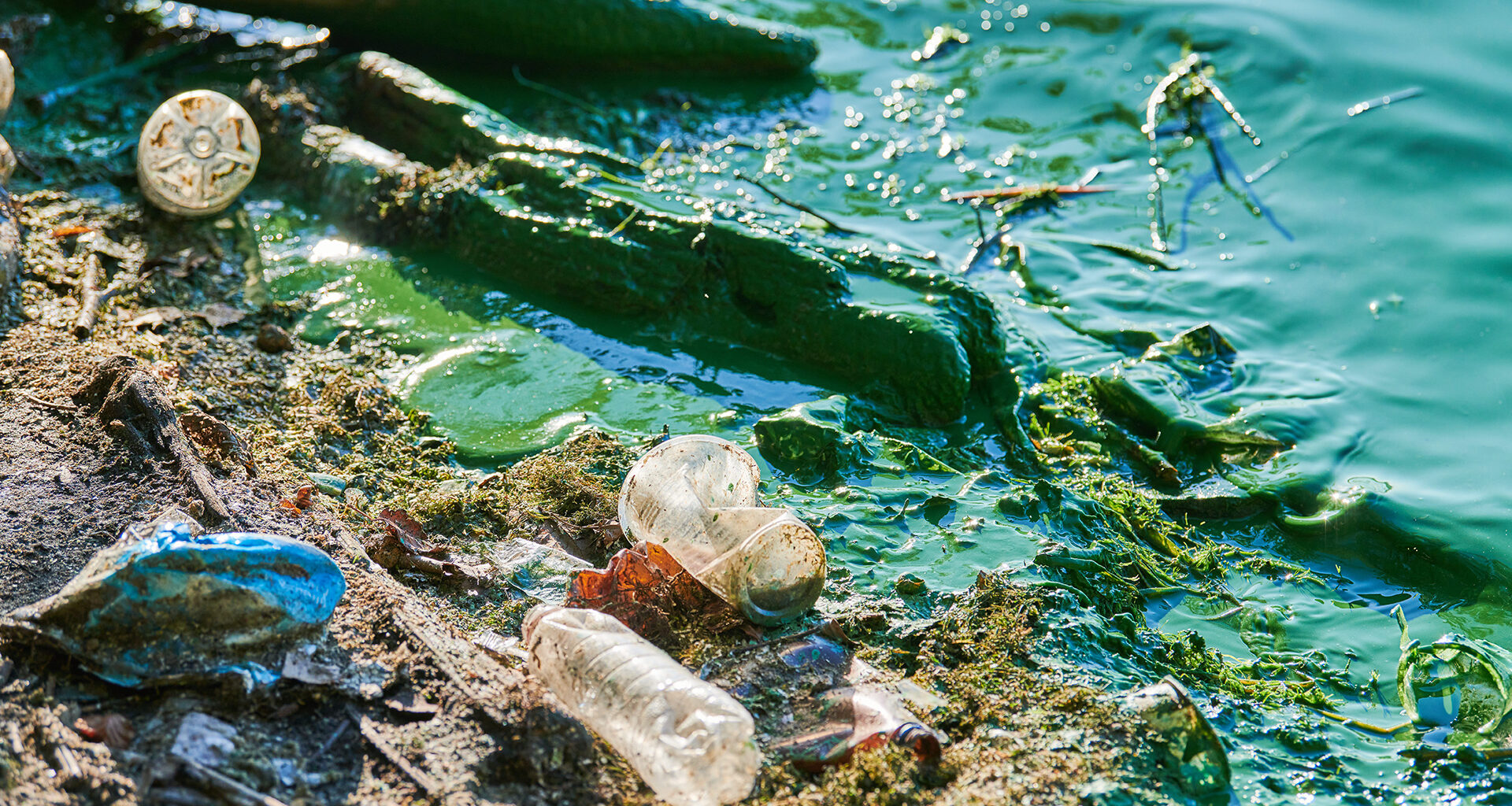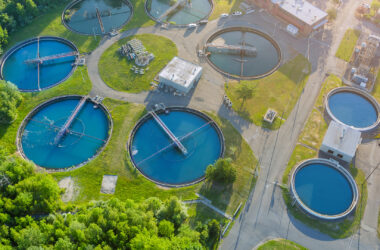Rivers and waterways are lifelines of our planet, providing essential resources, habitats, and recreational opportunities. However, many of these vital aquatic ecosystems have suffered from decades of pollution and neglect. In response to growing environmental concerns, cleanup initiatives are gaining momentum worldwide, working to restore and protect rivers and their aquatic inhabitants.
The Challenge of River Pollution:
Rivers face a range of pollution threats, including industrial runoff, agricultural runoff, sewage discharges, and plastic waste. These pollutants harm water quality, disrupt ecosystems, and endanger aquatic life.
The Importance of River Restoration:
- Aquatic Biodiversity: Healthy rivers support diverse ecosystems, including fish, amphibians, birds, and countless invertebrates. Restoration efforts aim to safeguard these species.
- Clean Water Supply: Many communities rely on rivers for drinking water, and polluted rivers can pose public health risks. Cleaning up rivers ensures a safe and sustainable water supply.
- Recreation and Tourism: Rivers offer recreational opportunities such as fishing, boating, and swimming. Restoring these ecosystems enhances quality of life and supports tourism.
- Flood Mitigation: Healthy river systems can help mitigate the impacts of flooding by absorbing excess water and reducing the risk of disasters.
Initiatives to Combat River Pollution:
- Water Quality Regulations: Governments are implementing and enforcing water quality standards to limit pollutants entering rivers.
- Wastewater Treatment: Improved wastewater treatment facilities are reducing the discharge of pollutants into rivers.
- Pollution Monitoring: Monitoring programs help identify pollution sources and measure the effectiveness of cleanup efforts.
- Community Engagement: Local communities often play a vital role in river cleanup through volunteer efforts, education, and advocacy.
Success Stories:
- The Rhine River, Europe: Once known as one of the most polluted rivers in the world, the Rhine has seen significant improvements in water quality due to international cooperation and strict regulations.
- The Citarum River, Indonesia: Cleanup efforts have been launched to tackle severe pollution in this vital Indonesian river, including community-led initiatives and government commitments to wastewater management.
Challenges and Considerations:
- Resource Constraints: River cleanup initiatives require significant resources, including funding, manpower, and technology.
- Complexity of Pollution Sources: Identifying and addressing diverse pollution sources can be challenging.
- Climate Change: Climate-related factors, such as altered precipitation patterns and temperature increases, can exacerbate pollution problems.
A Sustainable River Future:
River cleanup initiatives offer hope for a brighter and more sustainable future. By addressing pollution and safeguarding aquatic habitats, these efforts not only protect the diverse life within rivers but also benefit surrounding communities and ecosystems. As the world recognizes the intrinsic value of clean and healthy rivers, the commitment to restoring and preserving these vital waterways continues to grow, paving the way for a cleaner, more resilient planet.



 UN
UN 




